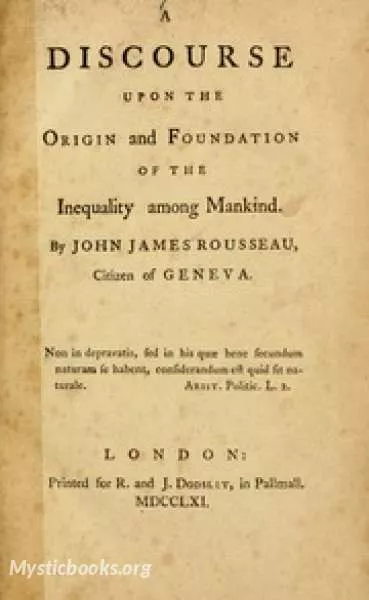
A Discourse Upon the Origin and the Foundation of the Inequality Among Mankind
'A Discourse Upon the Origin and the Foundation of the Inequality Among Mankind' Summary
Rousseau's text is divided into four main parts: the dedication, the preface, an extended inquiry into the nature of the human being and another inquiry into the evolution of the human species within society. It also includes an appendix that elaborates primarily on eighteenth century anthropological research throughout the text. Rousseau discusses two types of inequality: natural, or physical inequality, and ethical, or moral inequality. Natural inequality involves differences between one human's body and that of another—it is a product of nature. Rousseau is not concerned with this type of inequality because he claims it is not the root of the inequality found in civil society. Instead, he argues moral inequality is unique to civil society and is evinced in differences in "wealth, nobility or rank, power and personal merit." This type of inequality is established by convention. Rousseau appears to take a cynical view of civil society, where man has strayed from his "natural state" of individual independence and freedom to satisfy his individual needs and desires.
His discussion begins with an analysis of a natural man who bears, along with some developed animal species, instincts for self-preservation—a non-destructive love of self (amour de soi même)—and a "natural repugnance" to suffering—a natural pity or compassion. Natural man acts only for his own sake and avoids conflicts with other animals (and humans). Rousseau's natural man is more or less like any other animal, with "self-preservation being his chief and almost sole concern" and "the only goods he recognizes in the universe" being food, a female, and sleep... Rousseau's man is a "savage" man. He is a loner and self-sufficient. Any battle or skirmish was only to protect himself. The natural man was in prime condition, fast, and strong, capable of caring for himself. He killed only for his own self-preservation.
Natural man's anthropological distinction (from the animal kingdom) is based on his capacity for "perfectibility" and innate sense of his freedom. The former, although translated as "perfectibility," has nothing to do with a drive for perfection or excellence, which might confuse it with virtue ethics. Instead, perfectibility describes how humans can learn by observing others. Since human being lacks reason, this is not a discursive reasoning, but more akin to the neurological account of mirror neurons. Human freedom does not mean the capacity to choose, which would require reason, but instead the ability to refrain from instinct. Only with such a capacity can humans acquire new habits and practices.
The most important feature of Rousseau's natural man is that he lacks reason, in contrast to most of the Western intellectual tradition. Rousseau claims natural man does not possess reason or language (in which reason's generation is rooted) or society—and these three things are mutually-conditioning, such that none can come into being without the others.
Book Details
Language
EnglishOriginal Language
FrenchPublished In
1755Authors
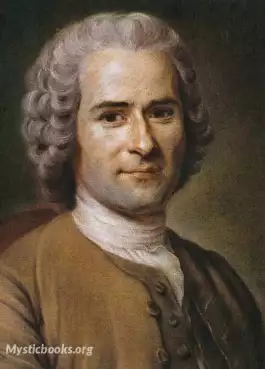
Jean-Jacques Rousseau
Switzerland
Jean-Jacques Rousseau was a Genevan philosopher, writer, and composer. His political philosophy influenced the progress of the Enlightenment throughout Europe, as well as aspects of the French Revolut...
Books by Jean-Jacques RousseauDownload eBooks
Listen/Download Audiobook
- Select Speed
Related books
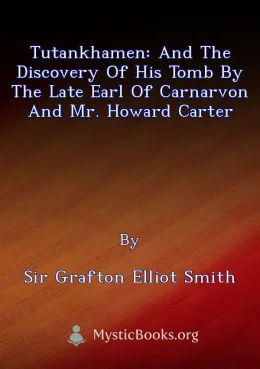
Tutankhamen: and the Discovery of His Tomb by the Late Earl of Carnarvon and Mr. Howard Carter by Sir Grafton Elliot Smith
This book delves into the groundbreaking discovery of Tutankhamun's tomb in 1922 by Howard Carter and the late Earl of Carnarvon. It explores the his...
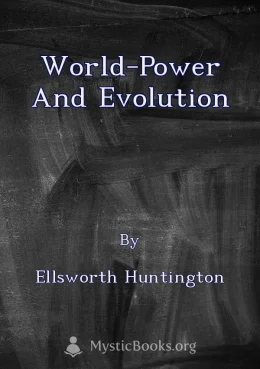
World-Power and Evolution by Ellsworth Huntington
Ellsworth Huntington's "World-Power and Evolution" delves into the intricate relationship between climate, civilization, and human progress. He argues...
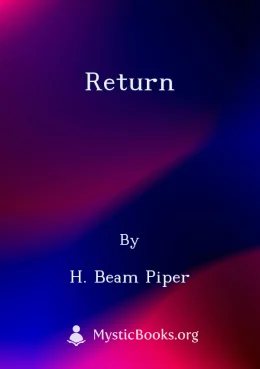
Return by H. Beam Piper
Two-hundred years after a global nuclear war, two explorers from a research outpost, that largely survived the cataclysm, discover a settlement of hum...
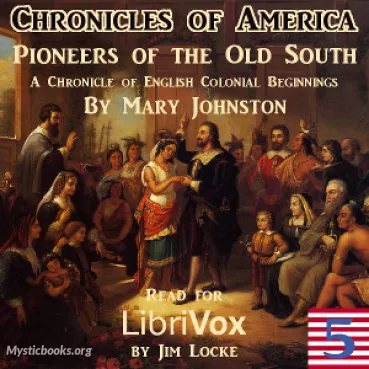
The Chronicles of America Volume 05 - Pioneers of the Old South by Mary Johnston
"Amidst the untamed wilderness and the echoes of history, pioneers of a bygone era carve their destiny in the Old South. Delve into the enthralling sa...
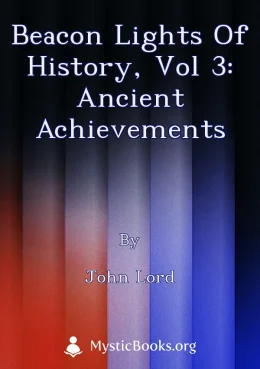
Beacon Lights of History, Vol 3: Ancient Achievements by John Lord
This book explores the notable achievements of ancient civilizations, focusing on key figures and developments. It covers topics such as the formation...
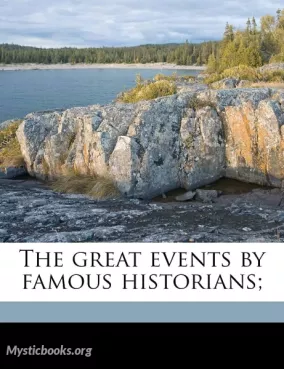
The Great Events by Famous Historians, Volume 01 by Charles F. Horne
Delve into the annals of history and witness the unfolding of momentous events that shaped civilizations and societies in "The Great Events by Famous...
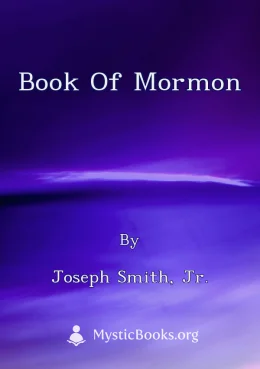
Book of Mormon by Joseph Smith, Jr.
The Book of Mormon presents itself as a record of ancient prophets who lived in the Americas. It details two main civilizations, the Nephites and Lam...
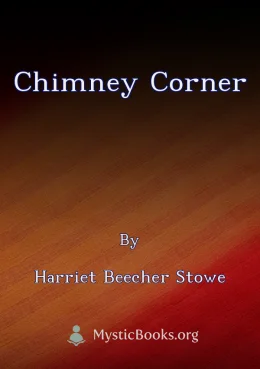
Chimney Corner by Harriet Beecher Stowe
Harriet Beecher Stowe's 'Chimney Corner' is a captivating collection of post-Civil War reflections and discussions on various cultural and societal to...
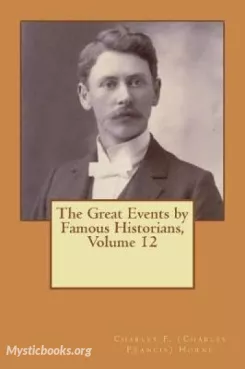
The Great Events by Famous Historians, Volume 12 by Charles F. Horne
Dive into the depths of history with "The Great Events by Famous Historians, Volume 12" by Charles F. Horne, a riveting compilation that unveils the m...
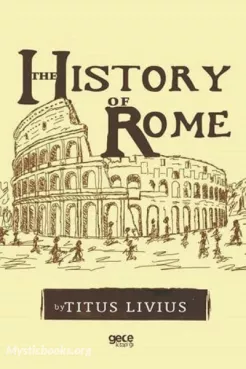
The History of Rome, volume 3 by Titus Livius
In the enthralling pages of "The History of Rome, Volume 3," Titus Livius unfurls an epic saga of power, conquest, and destiny. Step into the corridor...
Reviews for A Discourse Upon the Origin and the Foundation of the Inequality Among Mankind
No reviews posted or approved, yet...